Healthy communities encourage healthy lifestyles, with park and recreational amenities to meet the challenge. Choosing to make your community amenities inclusive, accessible, interactive and diverse means providing ways for residents and guests of all ages and abilities to connect—and play—in real and memorable ways.
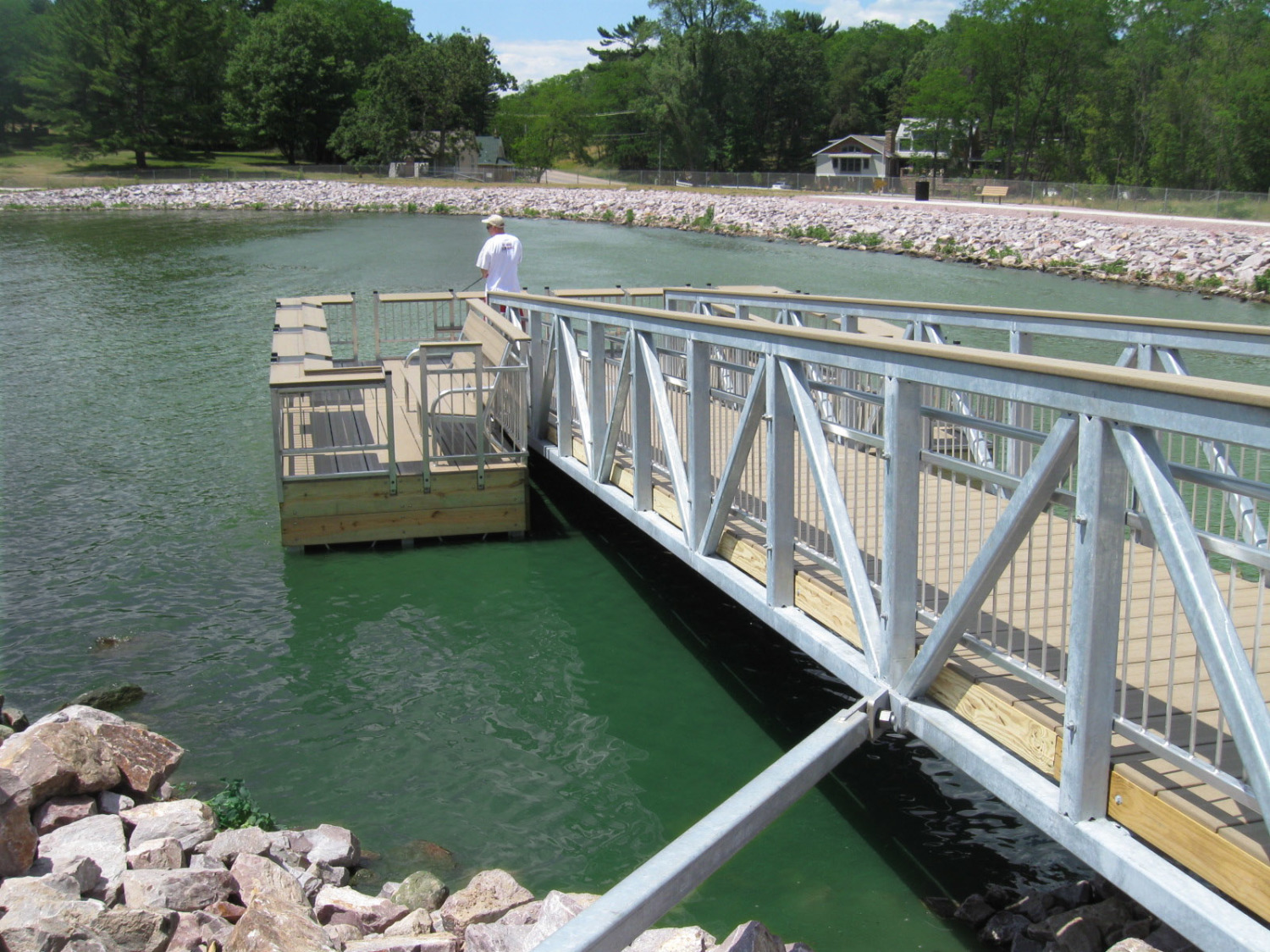
Accessible fishing pier in Lake Delton, WI
American Disabilities Act
The Americans with Disabilities Act (ADA) was signed into law on July 26, 1990. This act protects and provides equal opportunities for individuals with disabilities in all areas of public life—including jobs, schools, transportation networks and all public and private lands open to public use. The definition of what constitutes a disability is broad, and often misunderstood by the general public. Conditions that affect physicality or mobility are perhaps the most visible, but disabilities can also include mental conditions, deafness, blindness, intellectual disabilities, autism, cancer, cerebral palsy, diabetes, epilepsy, multiple sclerosis, muscular dystrophy, and things like major depressive, bipolar or post-traumatic stress disorders.
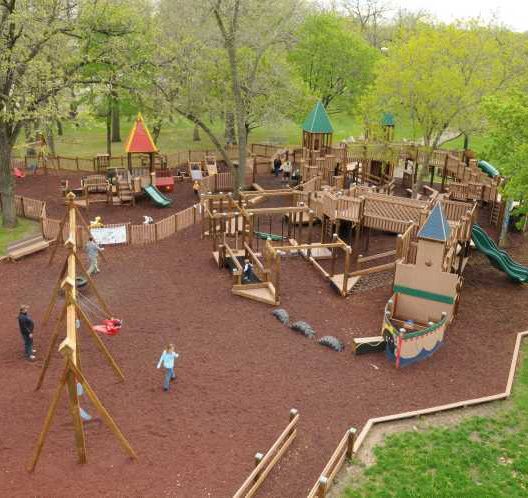
When we design, update, or expand park and recreational amenities within our communities, it is imperative to take into account the full spectrum of access. Creating public spaces that serve, fulfill and enrich the lives of every individual is what makes for a holistic and welcoming place to live, work, and visit.
Since ADA became law, MSA has partnered with many municipalities to provide nearly 40 Audit and Transition Plan studies that address accessibility deficiencies and corrective measures. With revisions to the Act in 2010 to include recreational facilities to the scope of compliance requirements, the MSA team has developed a full understanding of the updates and has been providing guidance to clients on how to best improve park and recreational amenities and bring them to full compliance.
What is assessed in a park and recreation ADA audit?
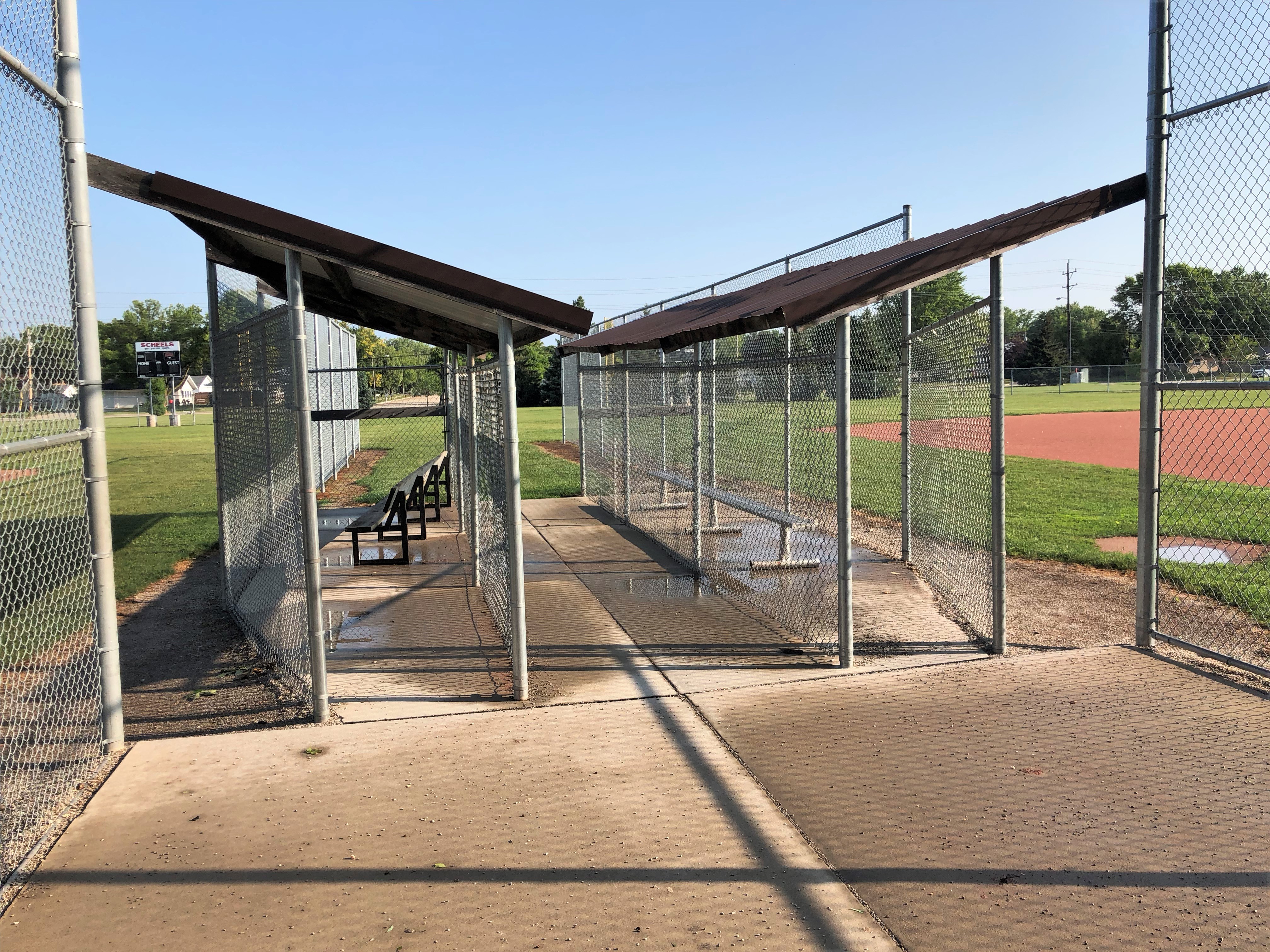
The short answer, everything. Wherever a person may want to get to, the route to get there, and the functionality of the assets when they arrive. “Route” components might include accessible sidewalks, ramps, stairs, handrails, docks, boardwalks, shelters, and access to sport facilities, courts, dugouts, spectator seating, playgrounds, pools, aquatic centers, bath houses, splash pads, beaches, swimming areas, concessions, restrooms, and—to some extent—trails, depending upon their classification and materials used.
This also includes an examination of surfacing materials. Materials used in playgrounds, for instance, need to at least meet ASTM propulsion standards. At this time, the three best options for inclusive playground surfacing include engineered wood fiber, poured-in-place rubber surfacing, or artificial turf. The material needs to meet both safety and mobility guidelines, providing good propulsion and turning capabilities for those with mobility-assisted devices.
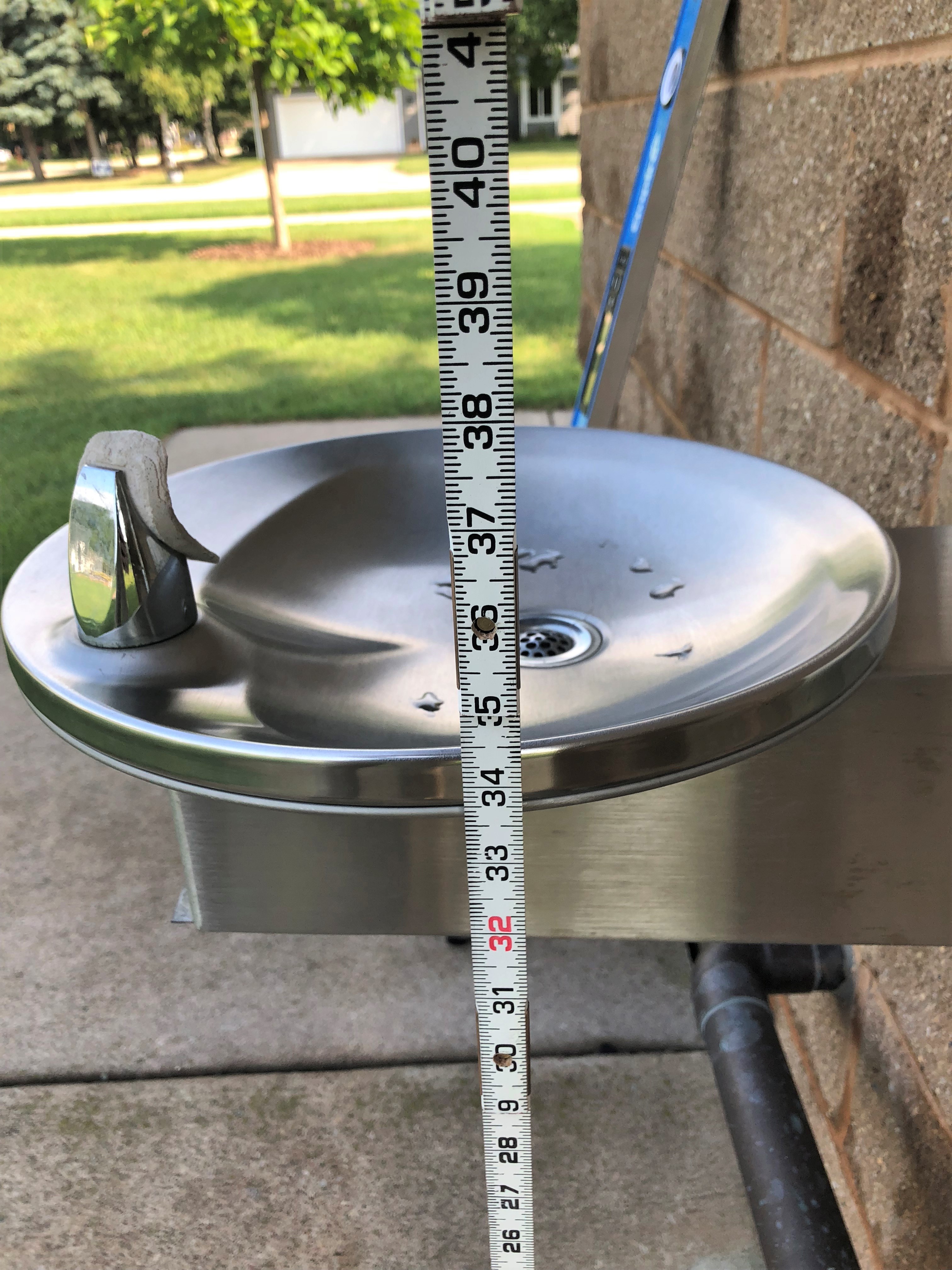
Accessible assets are things such as parking areas, restroom amenities, furnishings, benches, tables, drinking fountains, fishing piers, playground equipment, grills, etc. Are these things available, accessible and engaging to all users?
An ADA audit can also take things a step further and consider some of the less-obvious, more holistic, ranges of use. While perhaps not legally defined as a “disability,” there is a broader arena of human sensitivities that we can design and plan for. Individuals with spectrum disorders, for instance, which impact how a person interacts socially, or children with sensory sensitivities, anxiety or Attention-Deficit/Hyperactivity Disorders who may simply need a quiet place to play or retreat, are two examples. A thoughtful audit can also attend to visitors who may have different muscular abilities, creating fewer stairs or transfer platforms for those to move more easily from wheelchairs or other mobility devices onto benches or picnic tables.
Neenah, Wisconsin – project profile
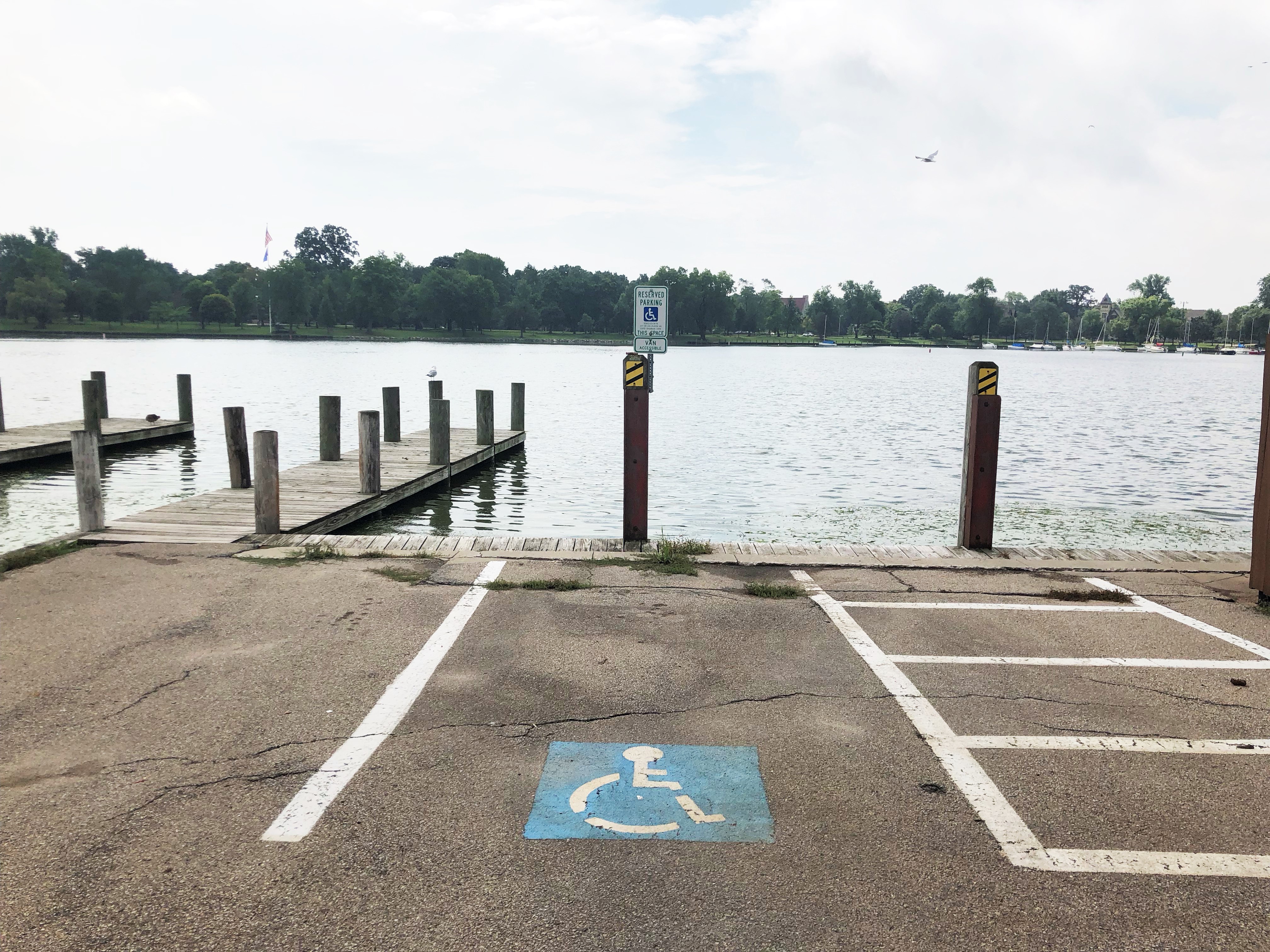
MSA recently completed an ADA audit of all parks and park amenities for the City of Neenah, Wisconsin – as well as an assessment of buildings operated by the City of Neenah Buildings and Grounds Department. The study looked at 25 public parks, plus the City Administration Building, City Garages, City Clock Tower, Fire Stations, Police Station, the Neenah Public Library and Oak Hill Cemetery.
The process for an audit is generally a boots-on-the-ground endeavor, with auditors conducting field inventory and documenting areas that either meet standards or are shown to be deficient. They also cite the appropriate ADA section and comment on potential solutions. Photos are taken and summary reports generated for each park or facility being reviewed. These reports are then shared with City officials along with a Transition Plan that makes suggestions on how to handle grievances and how to make upgrades in order to meet full ADA compliance. Audits are usually completed to review a comprehensive, municipal park system. However the audits can be done as part of master planning services, park redesign projects or for a single park, if desired.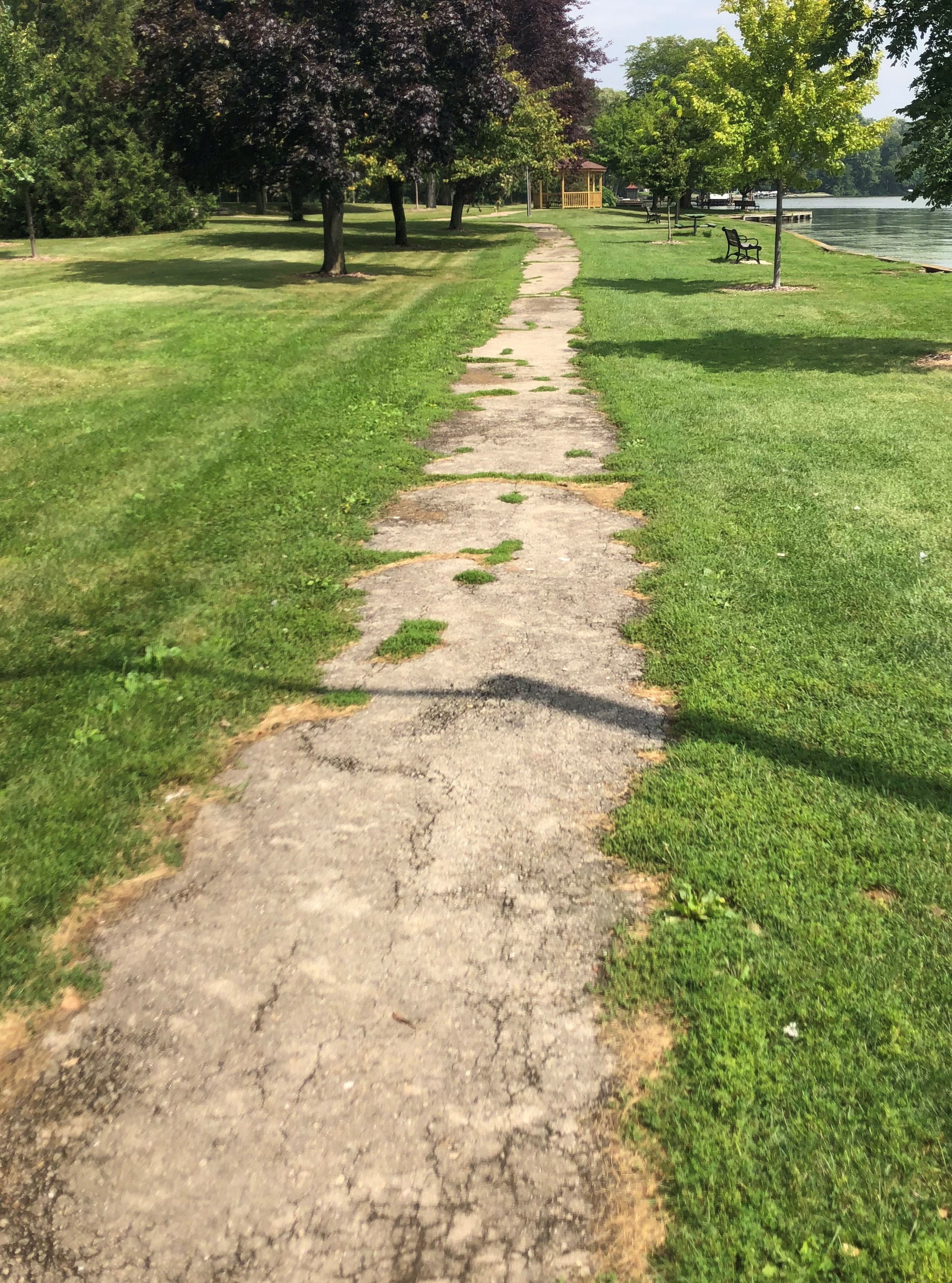
In addition, GIS-enabled data collection can be implemented, whether performed by a third-party assessor such as MSA, or by the municipality itself. Areas can be placed on a “watch” list and inventory ranked on condition so that a parks commission can flag certain projects for immediate or future fixing. This also assists with large-scale planning and budgeting efforts.
The City of Neenah and MSA completed the ADA Audit and Transition Plan in early 2019. The City is currently working on fitting modification of observed deficiencies into its Capital Planning and maintenance budgets. As the name suggests, ADA compliance is completed on a transitional basis, tackling projects as part of renovations, alterations, new construction or in response to individual requests.
How MSA can help
Creating accessible—and successful—park and recreational amenities for a community is about providing equal and positive opportunities for every single resident. Make your municipality a destination of choice, both for visitors and for those looking for a place to call home. Because, a strong community is one that is able to live, work, grow and play—together.
Read up on MSA’s diverse Parks and Recreation experience, our in-house GIS and Asset Management capabilities, or reach out to learn how an ADA Audit can benefit your community.
